When we got to the Northwest Airlines cargo terminal at the Philadelphia airport, the cargo handler and hearse driver pulled the shipping container onto a loading bay while I stood to the side and executed a slow salute. Once Chance was safely in the cargo area, and I was satisfied that he would be treated with due care and respect, the hearse driver drove me over to the passenger terminal and dropped me off.
As I walked up to the ticketing counter in my uniform, a Northwest employee started to ask me if I knew how to use the automated boarding pass dispenser. Before she could finish another ticketing agent interrupted her. He told me to go straight to the counter then explained to the woman that I was a military escort. She seemed embarrassed. The woman behind the counter already had tears in her eyes as I was pulling out my government travel voucher. She struggled to find words but managed to express her sympathy for the family and thank me for my service. She upgraded my ticket to first class.
After clearing security, I was met by another Northwest Airline employee at the gate. She told me a representative from cargo would be up to take me down to the tarmac to observe the movement and loading of PFC Phelps. I hadn’t really told any of them what my mission was but they all knew.
When the man from the cargo crew met me, he, too, struggled for words. On the tarmac, he told me stories of his childhood as a military brat and repeatedly told me that he was sorry for my loss. I was starting to understand that, even here in Philadelphia, far away from Chance’s hometown, people were mourning with his family.
On the tarmac, the cargo crew was silent except for occasional instructions to each other. I stood to the side and saluted as the conveyor moved Chance to the aircraft. I was relieved when he was finally settled into place. The rest of the bags were loaded and I watched them shut the cargo bay door before heading back up to board the aircraft.
One of the pilots had taken my carry-on bag himself and had it stored next to the cockpit door so he could watch it while I was on the tarmac. As I boarded the plane, I could tell immediately that the flight attendants had already been informed of my mission. They seemed a little choked up as they led me to my seat.
About 45 minutes into our flight I still hadn’t spoken to anyone except to tell the first class flight attendant that I would prefer water. I was surprised when the flight attendant from the back of the plane suddenly appeared and leaned down to grab my hands. She said, “I want you to have this” as she pushed a small gold crucifix, with a relief of Jesus, into my hand. It was her lapel pin and it looked somewhat worn. I suspected it had been hers for quite some time. That was the only thing she said to me the entire flight.
When we landed in Minneapolis, I was the first one off the plane. The pilot himself escorted me straight down the side stairs of the exit tunnel to the tarmac. The cargo crew there already knew what was on this plane. They were unloading some of the luggage when an Army sergeant, a fellow escort who had left Dover earlier that day, appeared next to me. His “cargo” was going to be loaded onto my plane for its continuing leg. We stood side by side in the dark and executed a slow salute as Chance was removed from the plane. The cargo crew at Minneapolis kept Phelps’s shipping case separate from all the other luggage as they waited to take us to the cargo area. I waited with the soldier and we saluted together as his fallen comrade was loaded onto the plane.
My trip with Chance was going to be somewhat unusual in that we were going to have an overnight stopover. We had a late start out of Dover and there was just too much traveling ahead of us to continue on that day. (We still had a flight from Minneapolis to Billings, Montana, then a five-hour drive to the funeral home. That was to be followed by a 90-minute drive to Chance’s hometown.)
I was concerned about leaving him overnight in the Minneapolis cargo area. My ten-minute ride from the tarmac to the cargo holding area eased my apprehension. Just as in Philadelphia, the cargo guys in Minneapolis were extremely respectful and seemed honored to do their part. While talking with them, I learned that the cargo supervisor for Northwest Airlines at the Minneapolis airport is a Lieutenant Colonel in the Marine Corps Reserves. They called him for me and let me talk to him.
Once I was satisfied that all would be okay for the night, I asked one of the cargo crew if he would take me back to the terminal so that I could catch my hotel’s shuttle. Instead, he drove me straight to the hotel himself. At the hotel, the Lieutenant Colonel called me and said he would personally pick me up in the morning and bring me back to the cargo area.
Before leaving the airport, I had told the cargo crew that I wanted to come back to the cargo area in the morning rather than go straight to the passenger terminal. I felt bad for leaving Chance overnight and wanted to see the shipping container where I had left it for the night. It was fine.
The Lieutenant Colonel made a few phone calls then drove me around to the passenger terminal. I was met again by a man from the cargo crew and escorted down to the tarmac. The pilot of the plane joined me as I waited for them to bring Chance from the cargo area. The pilot and I talked of his service in the Air Force and how he missed it.
I saluted as Chance was moved up the conveyor and onto the plane. It was to be a while before the luggage was to be loaded so the pilot took me up to the board the plane where I could watch the tarmac from a window. With no other passengers yet on board, I talked with the flight attendants and one of the cargo guys. He had been in the Navy and one of the attendants had been in the Air Force. Everywhere I went, people were continuing to tell me their relationship to the military. After all the baggage was aboard, I went back down to the tarmac, inspected the cargo bay, and watched them secure the door.
Subscribe to:
Post Comments (Atom)
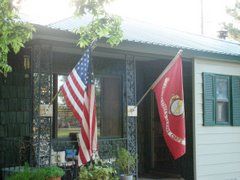
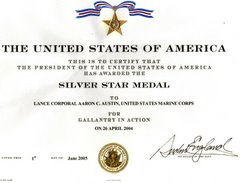
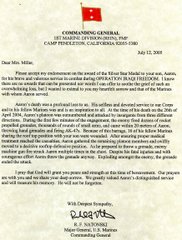
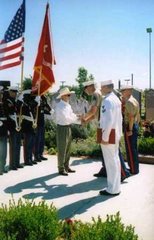


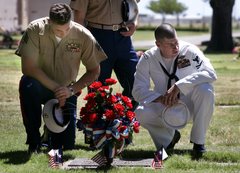

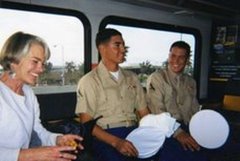

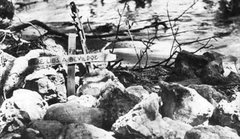


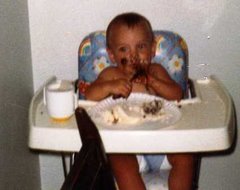

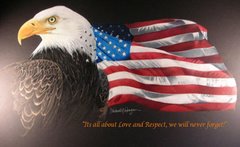
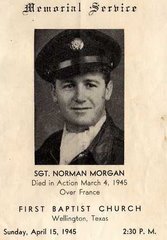


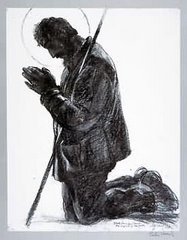
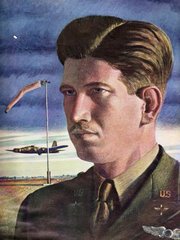
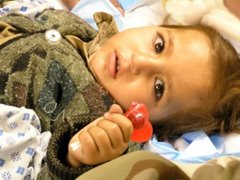
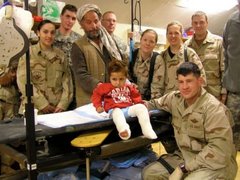
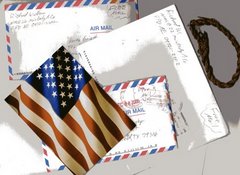

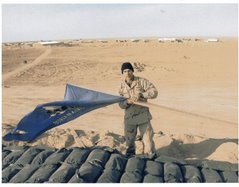


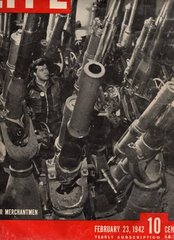
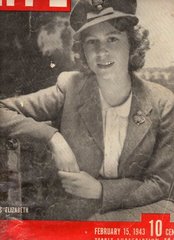

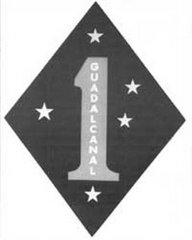
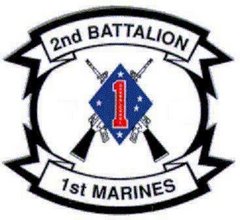


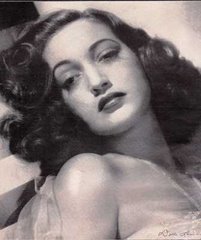

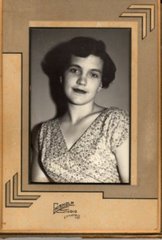

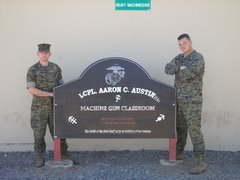

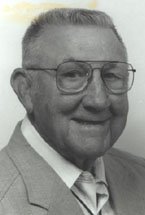

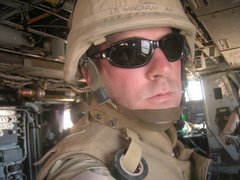
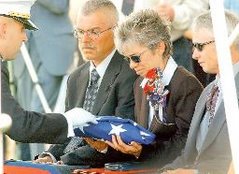


No comments:
Post a Comment